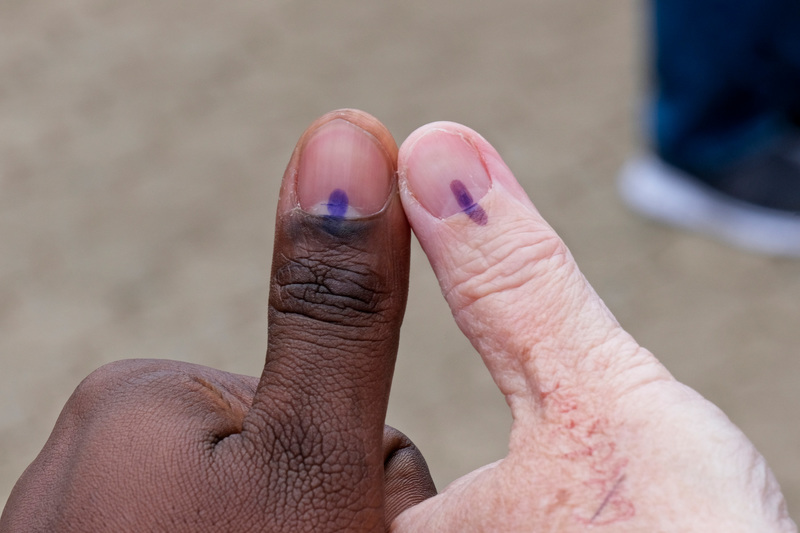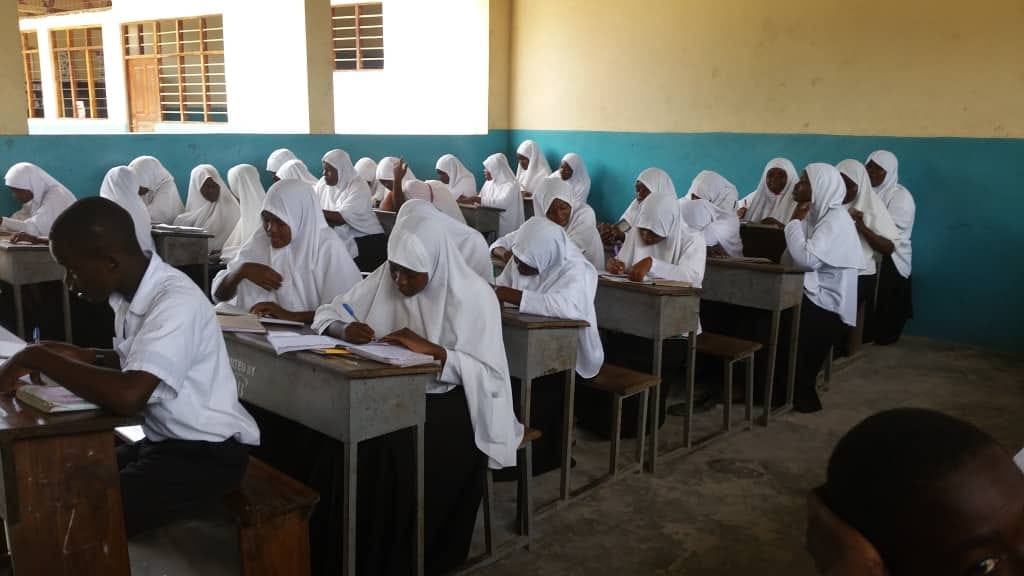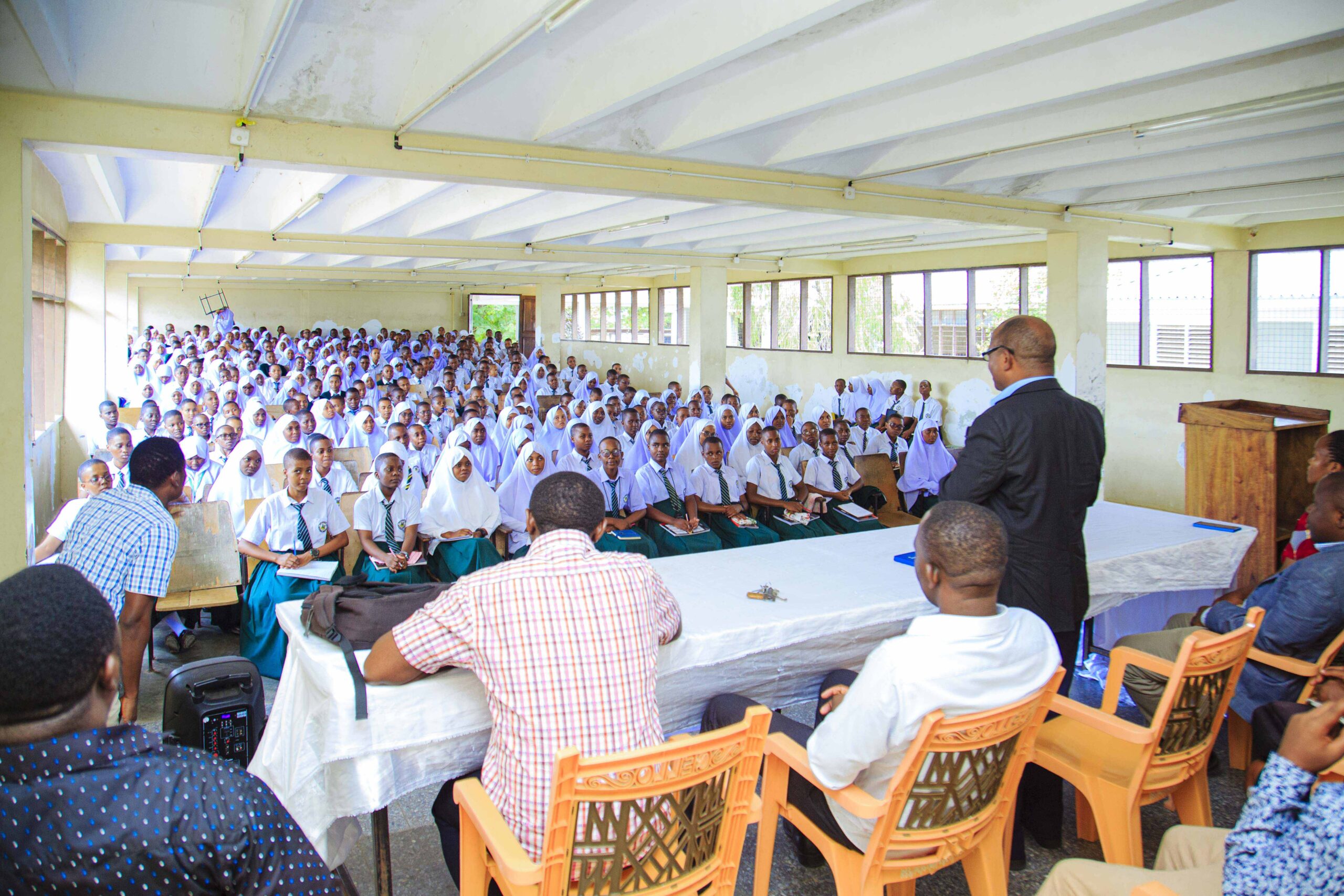The 2024 University of Cape Town (UCT) elections have sparked controversy as a recent study exposes glaring systemic barriers for blind and visually impaired voters.
Research led by UCT’s Including Disability in Education in Africa (IDEA) project, in collaboration with BlindSA, has revealed that despite policies promising accessibility, the reality for many visually impaired voters remains exclusionary.
Study Unveils Election Day Challenges
The study, titled Enhancing Voter Participation for People Who Are Blind or Partially Sighted in South Africa, aimed to assess the experiences of blind and visually impaired South Africans during the 2024 general elections.
Research assistant Benedict Leteane emphasized that while government policies advocate for reasonable accommodation, implementation falls significantly short.
“This research provides crucial insights into how blind and visually impaired South Africans navigate the voting process. It highlights the stark contrast between policy and lived experience, revealing areas where accessibility measures failed,” Leteane stated.
A Disconnected Reality
The study gathered first-hand accounts from voters across diverse racial and geographical backgrounds, uncovering significant disparities in electoral accessibility.
Despite official commitments to inclusivity, many blind and visually impaired voters reported inadequate accommodations on election day.
Key barriers included:
- Absence of Braille Ballots: Many polling stations lacked Braille ballot papers, forcing voters to rely on assistance that compromised their privacy and autonomy.
- Untrained Election Officials: Electoral staff exhibited a lack of awareness, with some failing to provide the necessary support for visually impaired voters.
- Limited Awareness Campaigns: While efforts to educate the public on disability rights were acknowledged, execution remained inconsistent and ineffective.
“These challenges reinforce a broader issue of systemic neglect,” Leteane added. “Inclusion cannot be achieved through policy alone; practical and consistent implementation is vital.”
The Call for Electronic Voting
In response to these challenges, many participants advocated for the introduction of electronic voting systems. They argued that a digital approach could revolutionize accessibility and ensure a more inclusive election process. However, Leteane remains cautious.
“While electronic voting could be a game-changer, South Africa lags in digital accessibility. The country must first address widespread internet and device access disparities before adopting such a system,” he explained.
Progress, But Not Enough
Although some progress has been made in raising awareness about the rights of disabled voters, real inclusivity remains elusive.
The Independent Electoral Commission’s (IEC) initiatives, while commendable, have yet to translate into tangible improvements for blind and visually impaired voters.
“These campaigns reflect an intent to include, but without proper implementation, exclusion persists,” Leteane noted. “Achieving true accessibility requires more than policies—it demands a shift in societal attitudes towards disability.”
Breaking Down Barriers
One of the most significant obstacles to inclusion, the study found, is deeply ingrained bias. Many election officials and voters still perceive disability as an inconvenience rather than a priority, further alienating blind and visually impaired individuals from the electoral process.
“Negative perceptions are a major hurdle,” Leteane emphasized. “This research must serve as a catalyst for change. South Africa needs more than awareness campaigns—it needs concrete action.”
The Road Ahead
As UCT continues to lead conversations on disability inclusion, stakeholders must push for urgent reforms in electoral accessibility. The study’s findings underscore the need for:
- Mandatory training for election officials on assisting visually impaired voters.
- Wider availability of Braille ballots and alternative voting formats.
- Greater advocacy for digital accessibility, ensuring future electronic voting systems benefit all citizens.
“Inclusion is not a privilege; it is a right,” Leteane concluded. “This study must be a turning point in ensuring equal voting rights for all South Africans, regardless of ability.”
With the 2024 elections highlighting these systemic barriers, the time for meaningful change is now. The future of inclusive democracy depends on it.
Related articles
- Top Colleges in Tanzania Set Unparalleled Academic Standards Today
- Top 10 Best Colleges in South Africa Offering World-Class Education
- Top10 Most Expensive Private Schools in South Africa: The Cost of Elite Education
- Discover South Africa’s Top 10 Most Expensive Colleges Today
- 10 South Africa’s Premier Universities Set Unrivaled Academic Excellence Standards



